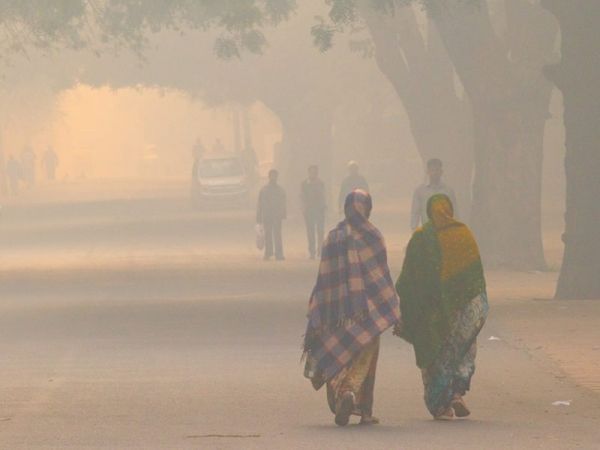More than 6.1 million people worldwide die each year as a result of exposure to air pollution, which increases the risk of cardiovascular disease, lung disease, and cancer. In India, which contains many of the world’s most polluted cities, the annual death toll from air pollution exceeds 1.6 million. Now, a new study shows how implementing stricter emissions standards in India could save hundreds of thousands of lives each year.
One of the most dangerous components of air pollution is fine particulate matter (PM2.5), nanoscopic particles and droplets produced by burning fuels, which travel deep into the lungs and bloodstream and damage the lungs and heart. On average, Indian citizens are exposed to PM2.5 concentrations between 15 and 32 times the air quality guidelines set forth by the World Health Organization, and scientists project that India’s PM2.5 levels will double by 2050 relative to 2015. In New Delhi, one of the world’s most polluted megacities, PM2.5 concentrations have reached more than 1,200 micrograms per cubic meter, 48 times the guideline established by the World Health Organization.
Continue reading at Earth & Space Science News (EOS).
Image via iStock.


